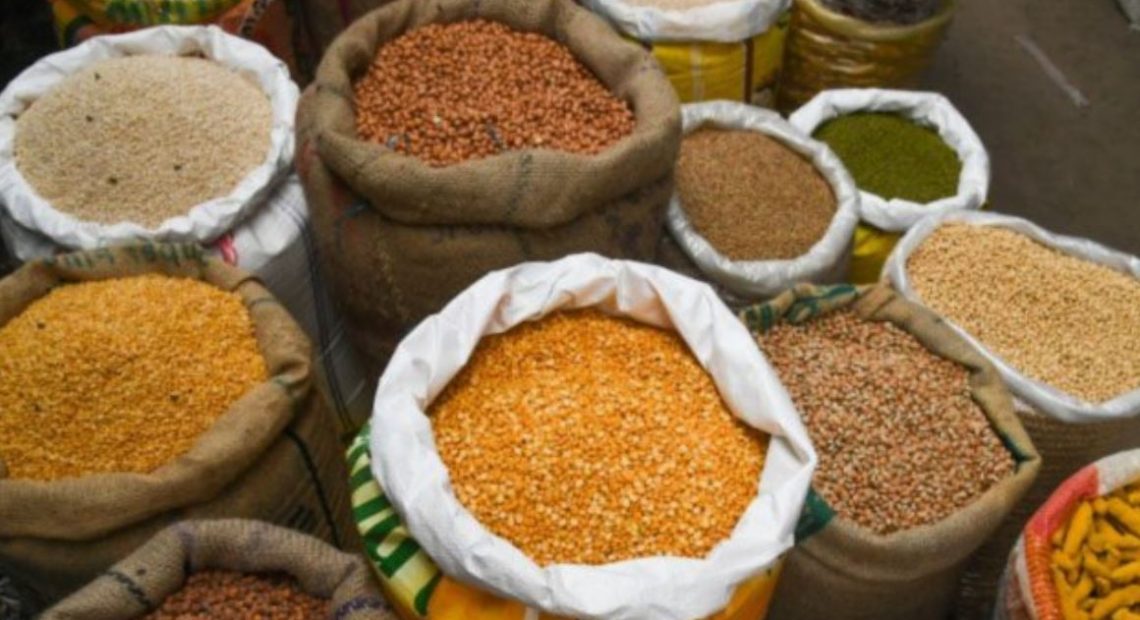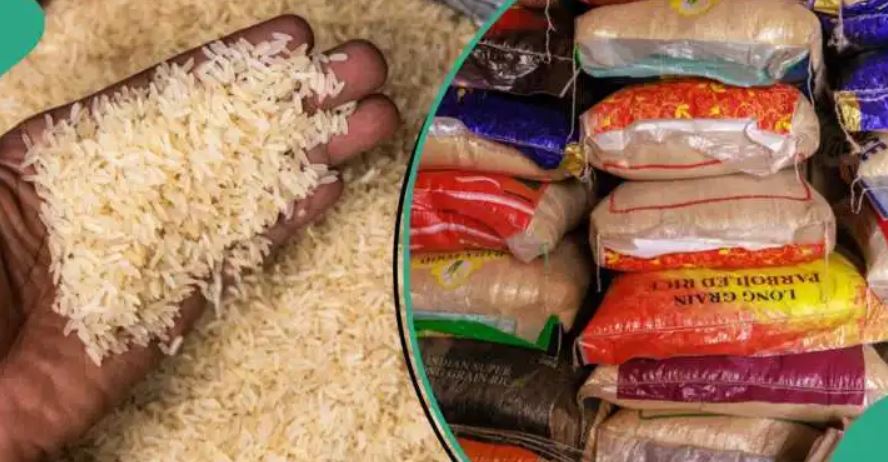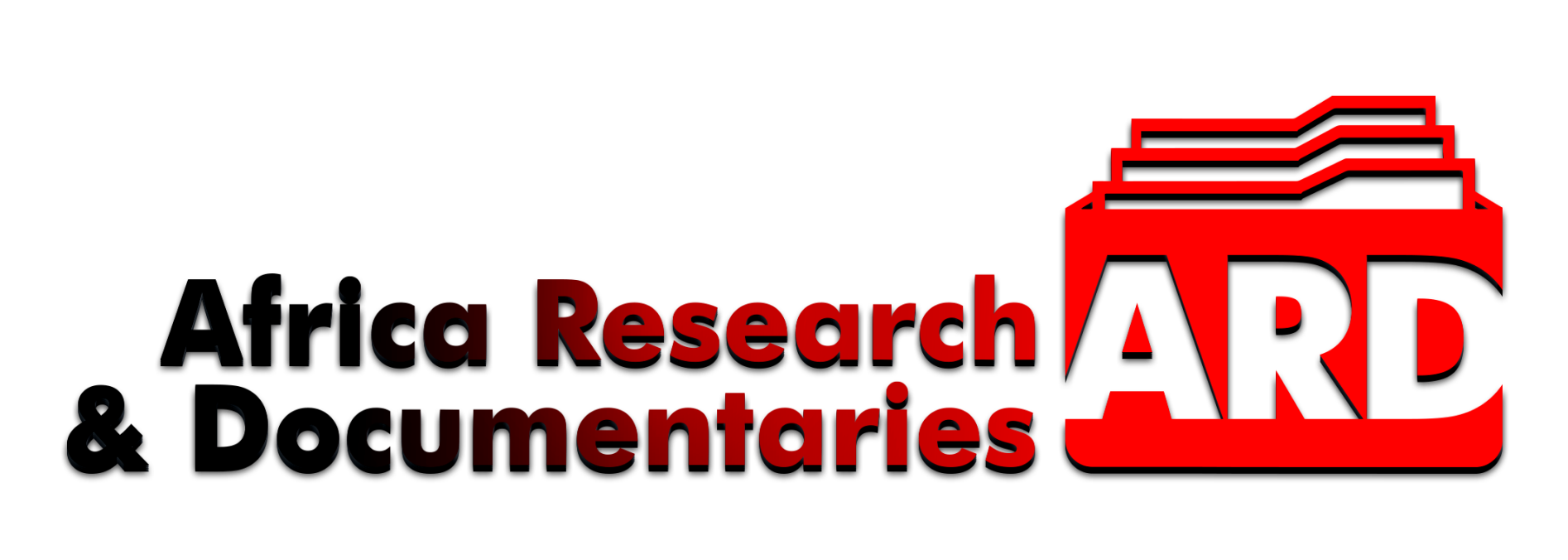FG Implements Duty-Free Importation of Food Items to Combat Inflation

Controller General, Nigeria Customs Service, Bashir Adeniyi- ARDnig
The Federal Government of Nigeria has implemented a duty-free import policy on essential food items to combat rising food prices. The policy, effective from July 15 to December 31, 2024, focuses on items like maize, rice, and wheat, and aims to ease inflation while supporting local production.
Introduction of Duty-Free Food Imports
The Federal Government of Nigeria has taken a significant step to ease the burden of rising food prices by implementing a duty-free import policy on essential food items. This initiative, spearheaded by President Bola Tinubu, aims to address the escalating cost of living in the country. The Nigeria Customs Service (NCS) has been directed to commence the enforcement of zero per cent import duty and the exemption of Value-Added Tax (VAT) on specific food items, a move expected to make basic food staples more affordable for Nigerians. This policy is part of a broader effort to combat inflation and ensure food security for all citizens.
Scope and Duration of the Policy
The duty-free import policy is a targeted measure, focusing on a select list of essential food items. These items include maize, husked brown rice, wheat, grain beans, and millet. According to a letter from the Ministry of Finance, dated August 8, 2024, the policy is effective from July 15 to December 31, 2024. The NCS, under the leadership of Comptroller-General Bashir Adeniyi, has been instructed to ensure strict compliance with this policy. Importation under this scheme will be limited to investors with milling capacity and a verifiable Backward Integration Programe (BIP), ensuring that only those who contribute to local production benefit from the duty waivers.
This duty-free policy is not just about reducing food prices; it’s about ensuring that every Nigerian has access to affordable and nutritious food.” – Wale Edun, Finance Minister
Government’s Commitment to Inflation Control
The implementation of this duty-free import policy is part of the Federal Government’s broader strategy to control inflation, particularly in the food sector. The policy follows an earlier announcement on July 10, 2024, where the government suspended duties, tariffs, and taxes on food imports through land and sea borders. The goal is to reduce the cost of food in the market, making it more accessible to the average Nigerian. The finance minister, Wale Edun, emphasized that this measure is designed to address the national supply gap, with a committee established to monitor and determine the scope of importation needed to meet the country’s needs.

Food Items – ARDnig
Economic Implications of the Duty Waivers
While the duty-free import policy is expected to bring relief to consumers, it also comes with significant economic implications. The Comptroller-General of the NCS, Bashir Adeniyi, has estimated that the Federal Government could lose approximately N188 billion in revenue due to the suspension of import duties on these food items. Despite this potential loss, the government is committed to implementing the policy as a necessary step to alleviate the high cost of food. Special corridors will be established by the NCS to expedite the clearance of food imports, ensuring that the benefits of the policy are realized quickly and efficiently.
Ensuring Compliance and Long-Term Impact
To ensure the effective implementation of this policy, the Federal Ministry of Finance will periodically provide the NCS with a list of approved importers and their quotas. This measure is designed to prevent abuse of the duty-free policy and ensure that only eligible importers benefit from the scheme. The focus on importers with a verifiable BIP underscores the government’s commitment to boosting local production and reducing dependency on foreign raw materials. By carefully managing the importation process, the government aims to achieve a balance between immediate relief from high food prices and long-term economic sustainability.
Conclusion
The duty-free import policy is a strategic response to the current inflationary pressures in Nigeria. By reducing import costs on essential food items, the government aims to make these staples more affordable while encouraging local production through stringent import criteria.










